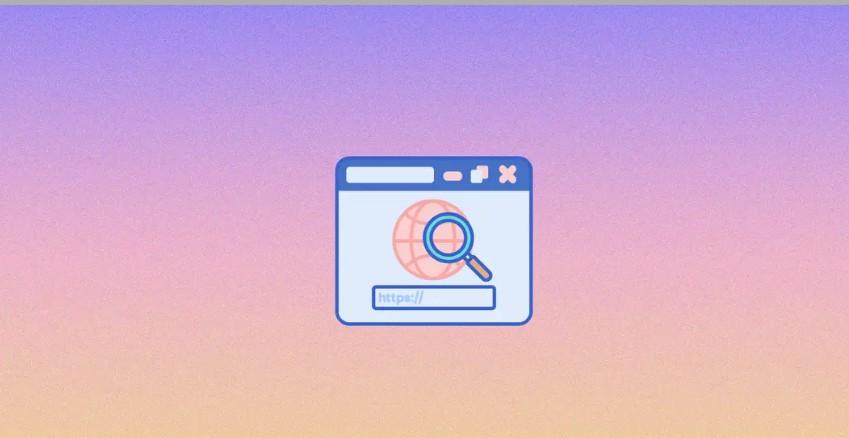If you have an employee, you probably have an obligation under the Australian Super Guarantee to make regular super contributions on their behalf. Here's what you need to know about Australia's Superannuation Guarantee system.
This post will answer these questions:
- What is the Super Guarantee?
- How much are employers required to pay?
- Do I have to pay Super for all my employees?
- Can I just pay the Super Guarantee to my employee?
- Can I specify a super fund for my employees?
- How do I make Super Guarantee payments?
What is the Super Guarantee?
Superannuation provides a way for employees to set funds aside for their retirement. Although the government has allowed Coronavirus-related hardship withdrawals this year, these funds are typically not accessible until a person retires and reaches a specific age.
Employers in Australia, with very limited exceptions, are obligated to make payments on their employees’ behalf.

The law that defines your obligations specifically is the Superannuation Guarantee (Administration) Act 1992, but we'll break down the essential details you need to know here.
The Super Guarantee is the primary plank of the act, with employee contributions and then the age pension making up any shortfalls as Australians head into their retirement years. It's quite closely regulated, with specific obligations on your part as an employer of Australians working in Australia.
How much are employers required to pay?
At the time of writing, the Super Guarantee obligates you to put 9.5% of your employee's ordinary earnings into a qualifying superannuation fund or retirement savings account (RSA). That amount is set to rise on 1 July 2021 to 10%.
You can confirm the current Super Guarantee percentage here.
Ordinary earnings are just that: the regular payments you make to an employee, including shift loadings and allowances (but not typically overtime payments).
From 1 January 2020, if an employee is making a salary sacrifice-style superannuation payment from their salary, you cannot exclude that payment from their superannuation total.
When payments are due
Payments should be made by the 28th day of the month after the end of each calendar quarter. Normally this would be by:
- 28 October
- 28 January
- 28 April
- 28 July
You can opt to include and process Super Guarantee payments with each employee pay period, but at the minimum you must make your payments by each quarterly cut-off date. If those dates fall on a weekend or public holiday, you can stretch that to the next business day.
If you make a Super Guarantee payment before the cut-off date, you'll be able to claim it as a tax deduction.
However, failure to pay on time may attract the Super Guarantee Charge (SGC) which is not tax deductible. There's a good incentive to keep your super payments in order.
Do I have to pay Super for all my employees?
If your employee is earning $450 or more before tax in a calendar month, then you're generally obligated to pay a Super Guarantee on top of their wages.
There are only a very limited number of exceptions to that rule.
Under age exception
If your employee is under 18 years of age or employed purely in a domestic capacity, such as a nanny, they've also got to be working more than 30 hours per week to qualify for the Super Guarantee.
High-income exception
If you have employees who are also working elsewhere and they sit in a high-income bracket as a result, they can apply for a SG employer shortfall exemption certificate in order to manage their super contributions. That's a very tax-specific situation, however.
The Australian Government provides a simple eligibility tool so you can determine whether an employee might be exempt.
Can I just pay the Super Guarantee to my employee?

No, you cannot.
The Super Guarantee is an enforced saving method that obliges you to make payments directly into a qualifying fund. It is not suitable under the wording of the law to make those payments to your employees and ask them to make payments themselves.
That doesn't disqualify employees from making additional supplemental superannuation payments themselves from their salary, but that's a very different topic.
Can I specify a super fund for my employees?
Generally speaking, employees are free to choose their own super fund into which you make payments.
There are some exceptions to this rule, however:
- Certain industrial awards in some trades and professions specify a fund for super purposes that must be used
- Some employees may be members of what's called a "defined benefit fund", where the actuary of that fund sets the contribution rate
You are required in every other general circumstance to provide a standard super choice form to a new employee.
Outside of award and defined benefit funds (and some government jobs), employees are free to request a change of super fund at any time.
How do I make Super Guarantee payments?
Typically speaking, you should be able to make your Super Guarantee payments online through your existing payroll software.
What you need to look for is what's called SuperStream compatibility.
This is a data standard that makes it explicitly clear between payroll software, compliant funds, service providers and the ATO:
- Precisely what you're providing
- Why you’re providing it
- Who you’re providing it to
SuperStream makes it possible to track and collate payments to ensure compliance between all parties.
SuperStream requires payments to super funds to be made electronically, and it's worth checking what level your payroll software provides for. In some cases it may handle all transactions as a single statement, while in others it may process the data and payment streams separately.

Photo: Charles Deluvio on Unsplash
If your payroll software doesn't support SuperStream, or you're using some other kind of payments system, you'll need to check with your super fund as to how it prefers to process payments.
Some super funds may offer an online payment system specifically for employers to use.
If that's not available to you, it's also possible to use a super clearing house to process your Super Guarantee payments, typically for a fee.
If you're a small employer with either less than $10 million annual turnover or 19 or fewer employees, you can use the free Small Business Superannuation Clearing House to make your Super Guarantee payments.
Super Guarantee: key points
To summarise:
- You're obliged to pay 9.5% of each employee’s ordinary earnings into a qualifying super fund at least quarterly
- Your payments cannot be made directly to employees
- Employees are generally free to make their own choices about which fund they use
- Payments should be made electronically using software that is compliant with the SuperStream data standard
- On-time payments are typically tax deductible, while late payments may incur a Super Guarantee Charge
The information contained in this blog post is provided for informational purposes only; GoDaddy recommends consulting a professional with questions. All figures were accurate at the time of publication.






